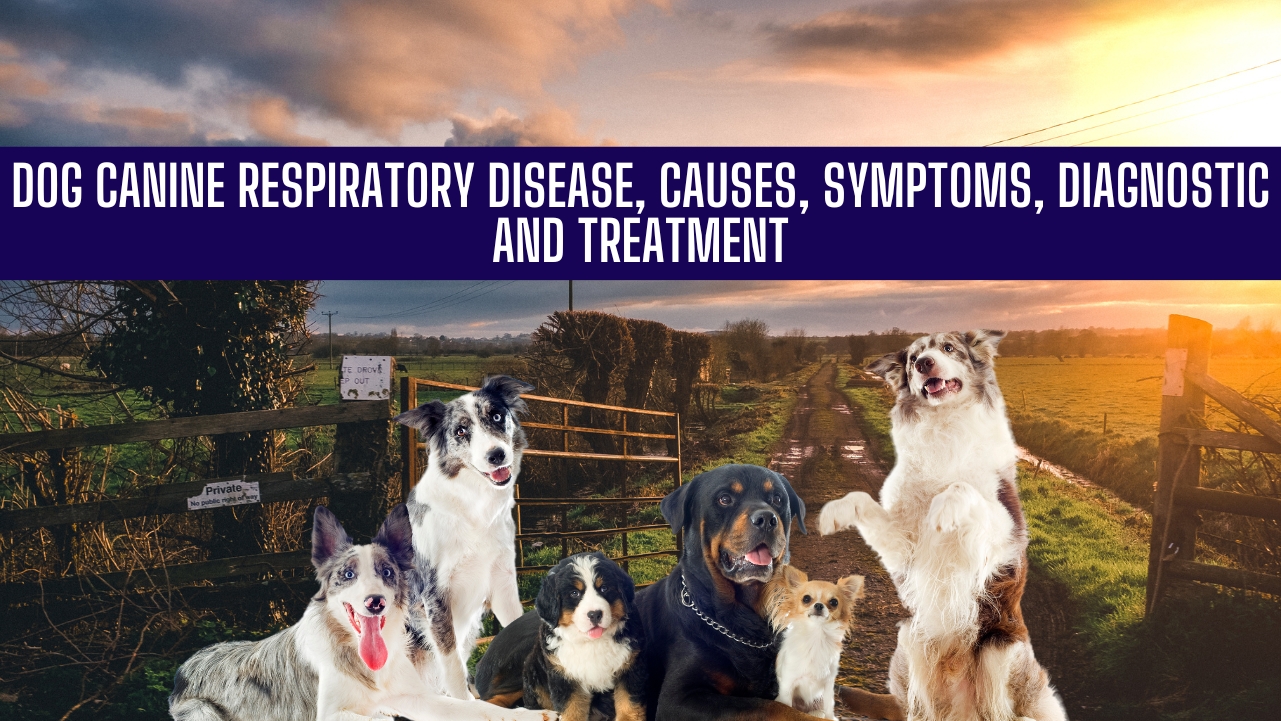Veterinarians across the nation have reported an upsurge in cases of unknown canine respiratory illness over the past two months, from mild and self-limiting episodes to life-threatening pneumonia. Antibiotics do not seem to help these dogs, and tests have come back negative for known pathogens; one researcher at the University of New Hampshire’s Veterinary Diagnostic Laboratory speculates it could be caused by bacteria capable of bypassing their immune systems.
At present, canine infectious respiratory disease clusters are being observed throughout the country – specifically New Hampshire – but veterinarians who study respiratory pathogens have yet to establish whether these cases belong to a known outbreak or some kind of novel pathogen. Due to a lack of reporting systems for infectious respiratory disease in America, it’s difficult to know exactly how many cases exist and determine whether they cluster together into an outbreak.
These outbreaks involve dogs that exhibit symptoms of respiratory disease that do not respond to traditional treatments such as acetaminophen or corticosteroids, and laboratory testing has come up negative for common respiratory pathogens like influenza virus and Bordetella bronchiseptica.
Dog Canine Respiratory Disease Symptoms
An early sign of respiratory infection is a honking cough, which may sometimes be described as gagging or retching and often includes bloody mucous. Coughing may also be accompanied by runny eyes and nose, dehydration, difficulty in breathing or rapid respiration, and fever – usually worsening with activity or exercise.
As more cases of canine respiratory disease pop up throughout the U.S., we want to share a few best practices to ensure your dog stays healthy and safe this holiday season. pic.twitter.com/CZGn0Vv2uw
— AVMA (American Veterinary Medical Association) (@AVMAvets) November 21, 2023
The main symptom of pneumonia is a persistent, harsh, and dry cough, which often sounds like gagging or retching, as well as nasal discharge, weakness, lethargy, and weight loss. Other indicators may include nasal discharge, weakness, lethargy, and weight loss. Pneumonia occurs due to inflammation of small air sacs within the lungs, known as alveoli. It can often come with fever, difficulty breathing, fluid or pus accumulation within alveoli, as well as loss of appetite and generalized abdominal discomfort.
- Dog Canine Respiratory Disease, Causes, Symptoms, Diagnostic and Treatment
- Booster Dose Certificate Download Online – www.Cowin.gov.in Aadhar Card & Mobile Number
- Cowin Vaccinator App Download, Registration Process & login details 2023
- Booster Dose Vaccine Registration: Booster Shot Online Application, Cowin.gov.in 3rd Dose Slot Booking
- BOOK Vaccination Slot Online on selfregistration.cowin.gov.in 2023, Check availability
Dog Canine Respiratory Disease Diagnostic
If this happens, your veterinarian will conduct a comprehensive medical history review and physical exam and recommend chest radiographs (X-rays) and echocardiogram to assess the overall health of your pet. Other diagnostic tests could include blood count analysis, serum biochemistry profile, and urine test to gauge general wellness while testing levels of oxygen and carbon dioxide via blood gas analysis or pulse oximetry.
Upper respiratory infections affect the nose, sinuses, and trachea of dogs and are highly contagious. It spreads through coughing, sneezing, or nose-to-nose contact between dogs in boarding facilities or daycare settings; typically, this results in coughs that last from weeks to months and may progress into pneumonia.
This disease can spread quickly, leading to respiratory distress, fever, anemia, and dehydration in affected animals. Signs are worsened by stress or excitement, as well as exercise or overexertion.
How to Treat Dogs with Canine Respiratory Disease
Treatment focuses on managing clinical signs with antibacterial therapy combined with corticosteroid medication either alone or alongside bronchodilators if appropriate; weight management excitement/stress reduction are key aspects in their management. In some instances, lung diseases can lead to pulmonary collapse – the collapsing of small air sacs in the lungs – leading to difficulty breathing and may require oxygen therapy.
Treatment depends on what organism(s) is suspected as the source; typically, this involves using bronchodilators or corticosteroids to reduce inflammation as well as antiviral medications and antibiotics as appropriate; fluid therapy and chest percussion may also help protect against it all – vaccination is by far the best preventive measure you can take for your pup!
How Long Does Dog Canine Respiratory Disease Last?
David Needle, senior veterinary pathologist at the University of New Hampshire Veterinary Diagnostic Laboratory, suspects this illness to be a combination of bacteria and viruses coexisting together. Working alongside emergency veterinary practices, he plans on doing extensive sampling using generic primer PCR tests, virus isolation procedures, and rapid whole genome sequencing analysis to find its source and eventually an etiological agent.
“These infections differ significantly from the more typical kennel cough cases,” according to a veterinarian at Texas A&M School of Veterinary Medicine. Her clinic has treated a cluster of atypical canine infectious respiratory disease cases in young, vaccinated dogs that appeared quickly with wide-ranging severity and were resistant to treatment despite negative PCR tests for known pathogens like rabies or Bordetella.
The college has suggested that these infections, which remain resistant to treatment and cause symptoms despite receiving multiple vaccinations, could be the work of a new pathogen; however, there remains widespread skepticism over whether this is indeed the case. A dog with a respiratory disease will often improve on its own in one to three weeks.
Visit Our Website Homepage to Discover more…….>>>>>
| Disclaimer:: The content provided in this article is based on the author’s research and knowledge up to the date of publication. It is essential to note that Shikhar Jauhari is not a licensed veterinarian, and the information presented in the article should not be considered as a substitute for professional veterinary advice, diagnosis, or treatment. Readers are strongly encouraged to consult with a qualified veterinarian for personalized guidance regarding the health and well-being of their dogs. Canine health conditions can vary, and individual circumstances may require specific attention from a veterinary professional. |

